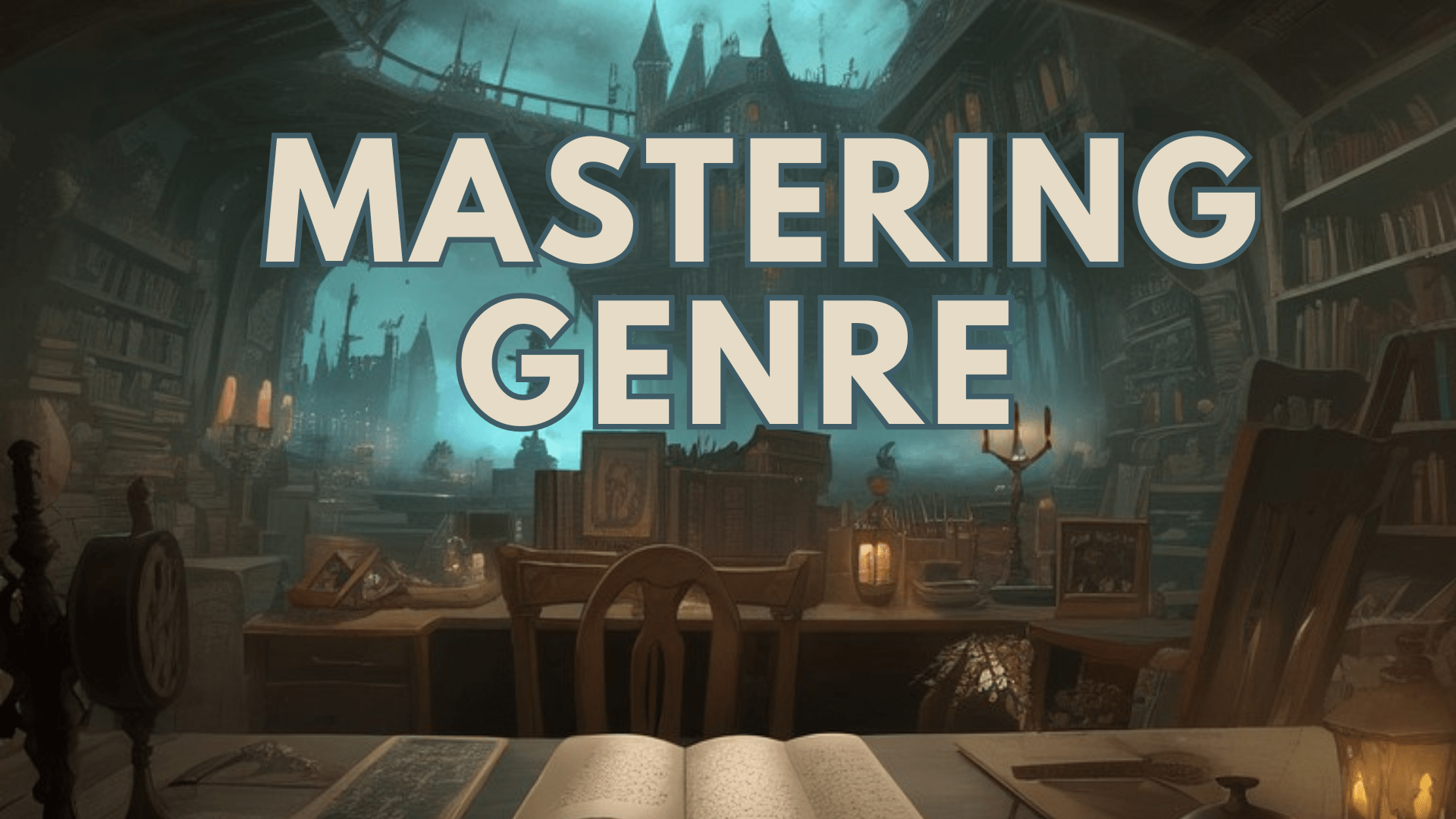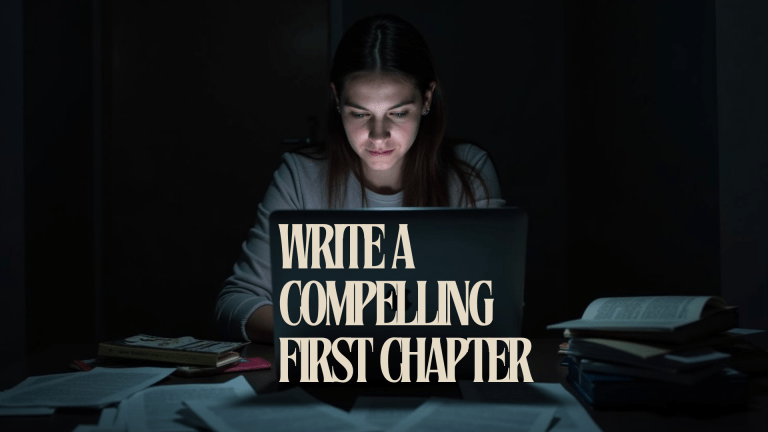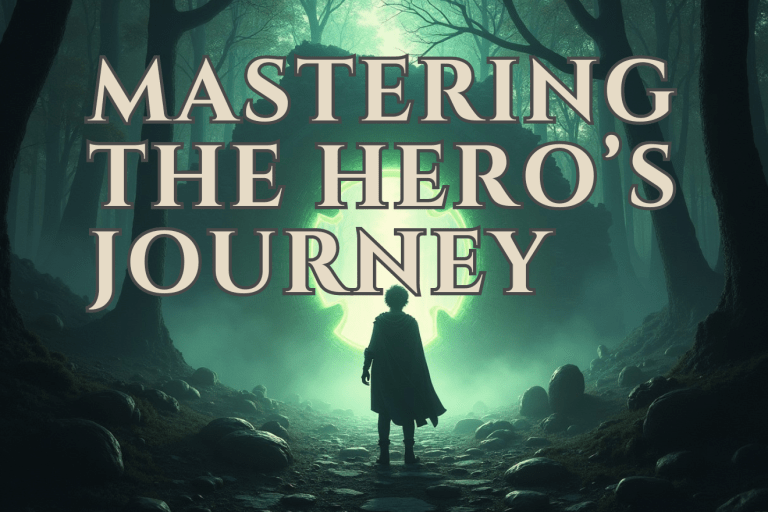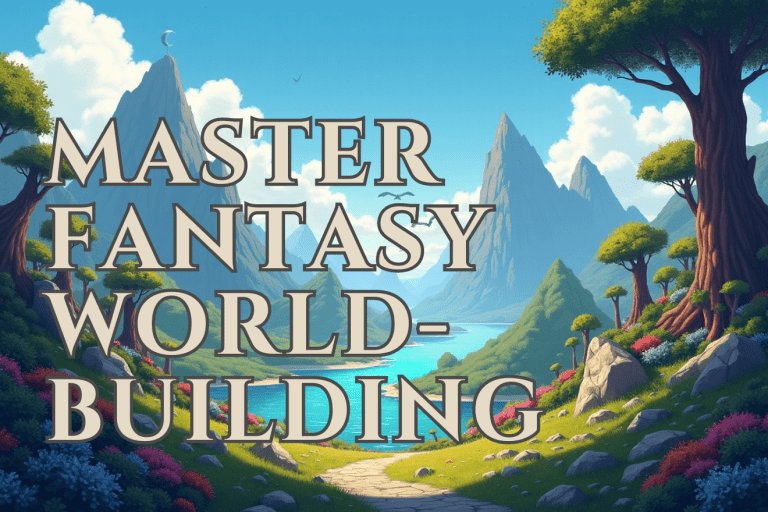Genre Conventions Explained: A Fiction Writer’s Guide
Imagine you’re browsing a bookstore, and you pick up a novel labeled as a “mystery.” You crack it open, anticipating a thrilling whodunit, only to find… a sappy romance with no crime in sight. Disappointing, right? That’s the power of genre conventions! According to a recent study by BookStat, 78% of readers choose books based on genre expectations. As a fiction writer, understanding these conventions is your secret weapon for captivating your audience and keeping them coming back for more. Let’s dive into the world of genre conventions and unlock the keys to writing success!
What Are Fiction Genre Conventions?
Genre conventions are the agreed-upon rules and elements that define a literary genre. Readers rely on these patterns to know what to expect from a story. They range from character archetypes and plot structures to specific themes, tones, and settings.
- Definition: These are the familiar elements that define specific genres.
- Importance: Writers and readers both depend on genre conventions. Readers select books based on these expectations, while writers use them to craft compelling narratives.
- Balance Between Innovation and Tradition: Great writers understand how to innovate within a genre while staying true to its core conventions.
The Big Five: Popular Fiction Genres and Their Conventions
Mystery/Thriller
- Plot-Driven Narratives: A strong, engaging plot is essential.
- Suspense and Tension: Keep readers on edge.
- Red Herrings and Plot Twists: Surprise your readers to keep them engaged.
Romance
- Character-Driven Stories: The focus is on relationships and emotional growth.
- Emotional Journey: Readers expect a deep dive into the characters’ feelings.
- HEA (Happily Ever After) or HFN (Happy For Now) Endings: This is almost non-negotiable.
Science Fiction
- World-Building and Technology: Detailed world-building is critical.
- “What If” Scenarios: Explore futuristic or alternative realities.
- Scientific or Pseudo-Scientific Explanations: Make your concepts plausible.
Fantasy
- Magic Systems and Supernatural Elements: Readers love creative and well-defined magic systems.
- Quests or Epic Journeys: Classic narratives often involve grand adventures.
- Good vs. Evil Themes: This dichotomy drives most fantasy stories.
Horror
- Building Atmosphere and Tension: The right atmosphere makes the fear palpable.
- Exploring Fear and the Unknown: Delve into psychological or supernatural terror.
- Psychological or Supernatural Threats: Both work well to create a gripping narrative.
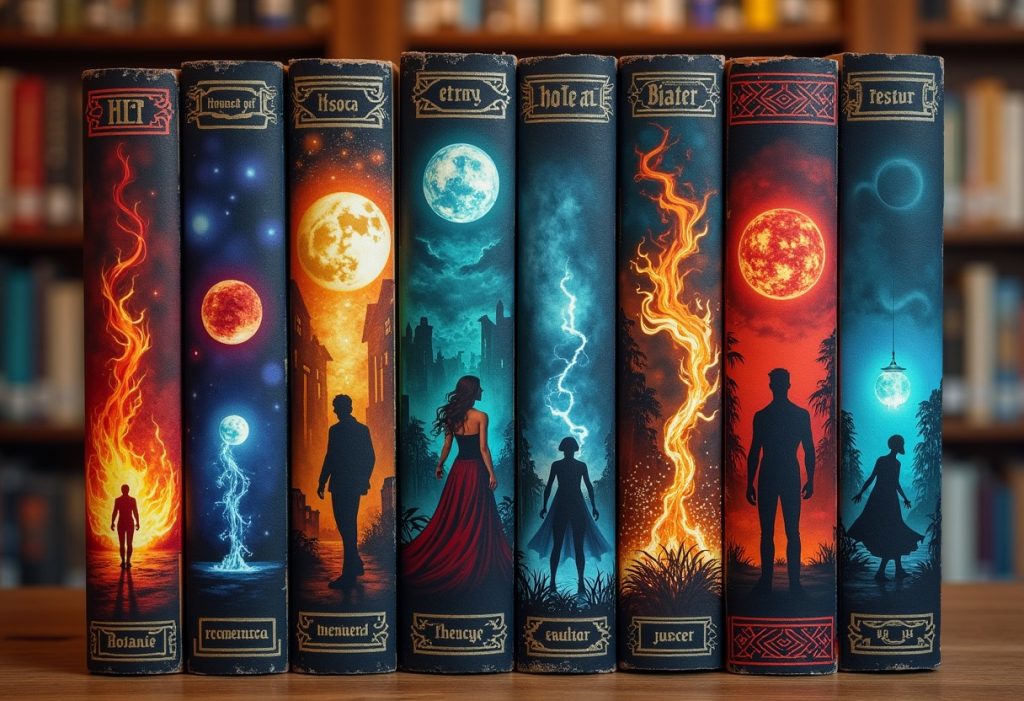
Subgenres: Blending Conventions for Unique Stories
Subgenres combine elements from multiple genres, offering new twists on established conventions. For example, paranormal romance blends supernatural themes with classic romantic elements.
- Popular Subgenres: Think of paranormal romance, sci-fi horror, or cozy mystery.
- Combining Elements: Use elements from different genres to create fresh and exciting narratives.
- Tips for Blending: The key is to understand both genres deeply so you can satisfy fans of each.
Character Archetypes Across Genres
Character archetypes are recurring types that resonate with readers, like the hero, the mentor, or the villain.
- Common Character Types: Different genres lean on specific archetypes.
- Using Archetypes Effectively: Use them to craft compelling and familiar characters.
- Subverting Expectations: Break the mold to add depth and surprise.
Setting and Atmosphere: Creating the Right Mood
Setting is vital for establishing the right atmosphere and grounding your story within a specific genre.
- Importance of Setting: The setting can define the genre and tone.
- Building Atmosphere: Use descriptive language to evoke the right feelings.
- Reinforcing Genre Expectations: Choose settings that align with genre norms.
Plot Structures and Pacing in Genre Fiction
Different genres have distinct pacing and plot expectations.
- Typical Plot Structures: Understanding genre-specific structures (e.g., the three-act structure in thrillers) is essential.
- Pacing Expectations: Adjust the speed of your story based on your genre.
- Balancing Action, Dialogue, and Description: Find the right mix to satisfy your readers.
Language and Style: Finding Your Genre Voice
The language and tone of your story should align with your chosen genre.
- Vocabulary and Tone: Genres like sci-fi may require more technical language, while romance leans on emotional depth.
- Dialogue Conventions: The way characters speak varies widely across genres.
- Descriptive Techniques: Tailor your descriptions to fit genre expectations.
Breaking the Rules: When and How to Subvert Genre Conventions
Sometimes, the best stories are the ones that play with genre conventions.
- Reasons for Breaking Conventions: Creativity thrives when you take risks.
- Successful Examples: Look at popular books that defied norms and gained a loyal following.
- Tips for Subverting Expectations: Learn the rules first, then break them strategically.
Marketing Your Book: Using Genre Conventions to Attract Readers
Leveraging genre conventions in your marketing can help you reach the right audience.
- Cover Design: Make sure it aligns with your genre to catch the eye of your ideal readers.
- Book Blurbs: Highlight genre-specific hooks in your blurb.
- Targeting the Right Audience: Use genre conventions to guide your marketing strategy.
Final thoughts
Mastering fiction genre conventions is like learning the rules of a game – once you know them, you can play with skill and even bend them to your advantage. As we’ve explored, these conventions are the invisible threads that connect writers and readers, creating a shared language of storytelling. Whether you’re crafting a heart-pounding thriller or a sweeping fantasy epic, understanding genre expectations is your ticket to creating stories that resonate.
Remember, great writers don’t just follow the rules – they know when to break them, too. So go forth, armed with your newfound knowledge of genre conventions, and write the stories only you can tell. Who knows? Your unique twist on a beloved genre might just be the next big thing in fiction. Happy writing, and may your stories always find their perfect readers!
For more insights, check out other articles on BookMatchClub to deepen your writing craft and explore the world of genre fiction.

